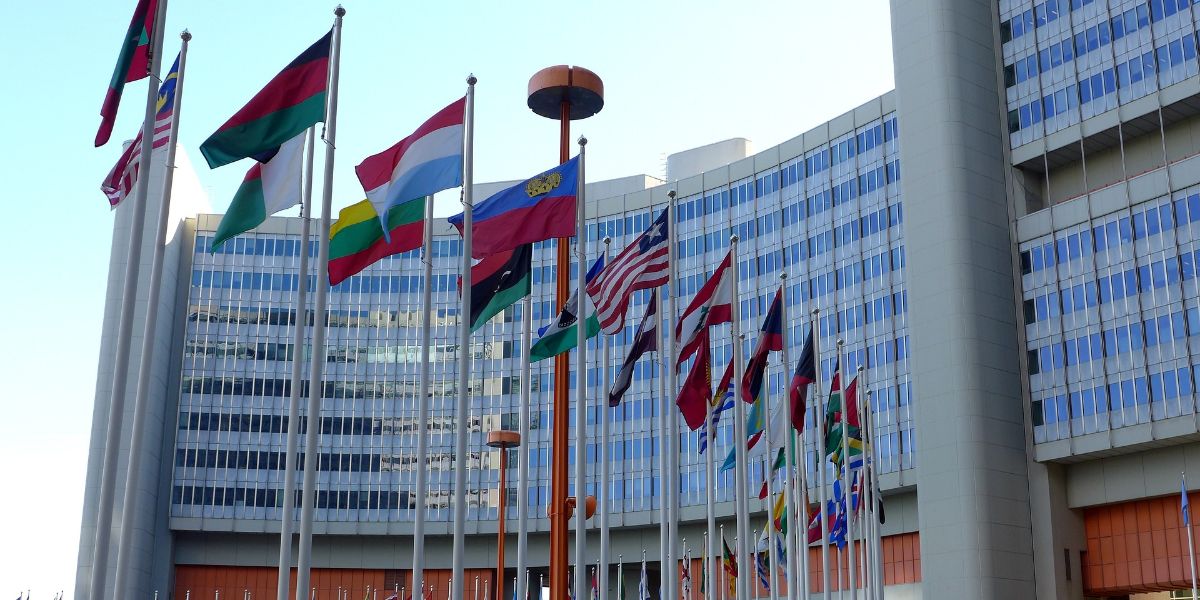An advance unedited report released by the UN Secretary General on 8 August 2023 considered the Promotion of inclusive and effective international tax cooperation at the United Nations. A final version of the report is to be released in time for the UN general assembly meeting in September 2023. The report outlines the next steps to be taken by the UN following a Resolution on commencing discussions on international tax cooperation.
On 22 November 2022 the United Nations General Assembly’s finance committee voted unanimously to begin discussions on international taxation standards. The resolution called for discussions on developing an international tax cooperation framework to be agreed through a UN intergovernmental process. The General Assembly requested the Secretary-General to prepare a report analysing the existing international tax arrangements, identifying additional options, and setting out the possible next steps. The Secretariat invited Member States and other stakeholders to provide written input and more than 80 submissions were received.
The Secretary General’s report notes that the international tax system should take into account the sovereign equality of all Member States under the UN Charter. As required by the Addis Ababa Action Agenda on Financing for Development, international tax cooperation should consider the different needs, priorities, and capacities of all countries. As required by the Addis Agenda, inclusive international tax cooperation requires participation by all countries in developing the rules that will apply to them. The most important elements in international cooperation were identified as participation, agenda-setting, decision-making, and implementation, including monitoring and tax dispute resolution.
The report sets out three general approaches for the next stage of intergovernmental discussions at the UN. The first option would be a legally binding treaty or standard multilateral convention covering a wide range of tax issues. If this option is followed, the next step could be to establish a Member State led, intergovernmental ad hoc advisory expert group to draw up draft terms of reference for negotiating the multilateral convention.
The second option could be a framework convention in the form of a legally binding multilateral instrument, which would establish an overall system of international tax governance. This framework convention would set out the basic principles of future international tax cooperation, its objectives, the key principles governing the cooperation and the governance structure for cooperation. For this option, the next step would also be to start with a Member State-led, intergovernmental ad hoc negotiating group that could draw up the terms of reference.
The third option would be the development of a non-binding multilateral agenda providing for coordinated action at the international, regional, national or bilateral level on improving tax standards. Some issues such as eliminating illicit financial flows require global action but some other questions, such as the appropriate withholding tax rates on cross-border payments, could be resolved in a bilateral situation.
This third option would establish principles of international tax cooperation, but these principles would not be enforced by legal commitments. If a particular problem requires binding legal commitments on a global level, the General Assembly could approve the negotiation of a multilateral instrument similar to those envisaged by the first two options. If the third option is chosen, a Member-State led, intergovernmental ad hoc expert group could be set up to serve as the preparatory committee to carry out the organisational preparation of the conference, including negotiating input papers and a draft outcome document on the key tax cooperation issues.
The three options identified by the report are not mutually exclusive, as a framework making recommendations on domestic tax rules could operate at the same time as a standard multilateral convention focused on international tax rules.













